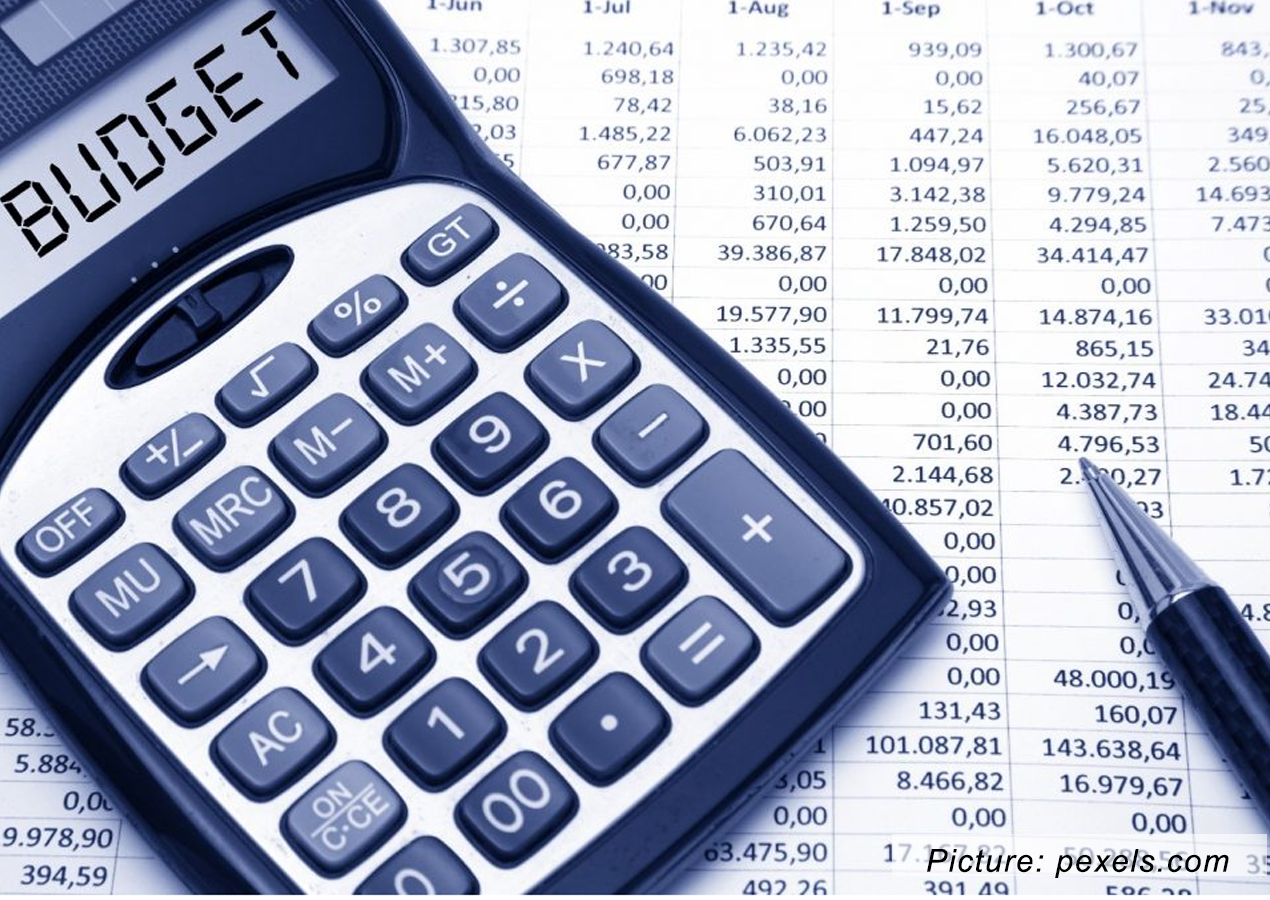Kemenkeu Akan Ubah Porsi Mandatory Spending Dalam APBN

JAKARTA. Sejumlah pos belanja dalam Anggaran Pendapatan dan Belanja Negara (APBN) 2020 akan disesuaikan, menyusul terbitnya Peraturan Pemerintah Pengganti Undang-Undang (Perppu) nomor 1 tahun 2020. Salah satu pos yang terkena penyesuaian adalah belanja wajib atau mandatory spending yang selama ini porsinya selalu sama dalam APBN, seperti anggaran untuk pendidikan, kesehatan, dana transfer umum dan dana desa (lihat tabel).
Sebagaimana dikutip dari kontan.co.id, penyesuaian alokasi anggaran wajib ini sebagai bagian dari upaya pemerintah untuk memenuhi kebutuhan penanganan penyebaran wabah Corona Virus Disease 2019 (Covid-19). Namun, demikian pemerintah memastikan dari sekian banyak anggaran wajib, hanya anggaran pendidikan yang porsinya tidak akan mengalami perubahan.
Baca Juga: Indonesia Pangkas Tarif PPh Badan dan Resmi Terapkan Pajak Digital
| No | Anggaran | Nilai Mandatory | APBN 2020 |
| 1 | Pendidikan | 20% | Rp 156,9 triliun |
| 2 | Kesehatan | 5% | Rp 61,1 triliun |
| 3 | Dana Transfer Umum | 25% untuk infrastruktur daerah | Rp 72,2 triliun |
| 4 | Alokasi Dana Desa | 10% dari dana perimbangan | Rp 72 triliun |
sumber: Kemenkeu, diolah
Sebagaimana kita ketahui, pemerintah akan menambah anggaran belanja untuk kesehatan sebesar Rp 75 triliun, jaring perlindungan sosial Rp 110 triliun, insentif untuk dunia usaha Rp 70,1 triliun dan anggaran untuk pembiayaan program pemulihan ekonomi nasional sebesar Rp 150 triliun. Dengan begitu, maka anggaran untuk kesehatan akan bertambah menjadi Rp 136,1 triliun dan anggaran perlindungan social menjadi Rp 336,4 triliun.
Selain mengubah porsi anggaran wajib, pemerintah juga akan menggeser alokasi anggaran antar unit organisasi, antar fungsi dan antar program hingga penggunaan anggaran alternatif seperti saldo anggaran lebih (SAL).
Skenario Defisit
Dengan berbagai formula realokasi belanja tersebut, pemerintah berharap pelebaran defisit Anggaran Pendapatan dan Belanja Negara (APBN) tidak sebesar perkiraan. Sebelumnya, pemerintah memperkirakan defisit APBN dalam kondisi terburuk bisa mencapai 5%.
Mengutip bisnis.com, pemerintah melihat masih ada ruang agar defisit bisa berada di level 4-5%. Selain penggunaan SAL, pemerintah melihat ada ruang dari penggunaan anggaran Kementerian/Lembaga (K/L) yang tidak terealisasi, serta anggaran subsidi Bahan Bakar Minyak (BBM) yang juga akan turun, mengingat konsumsinya turun karena pembatasan aktivitas masyarakat.


